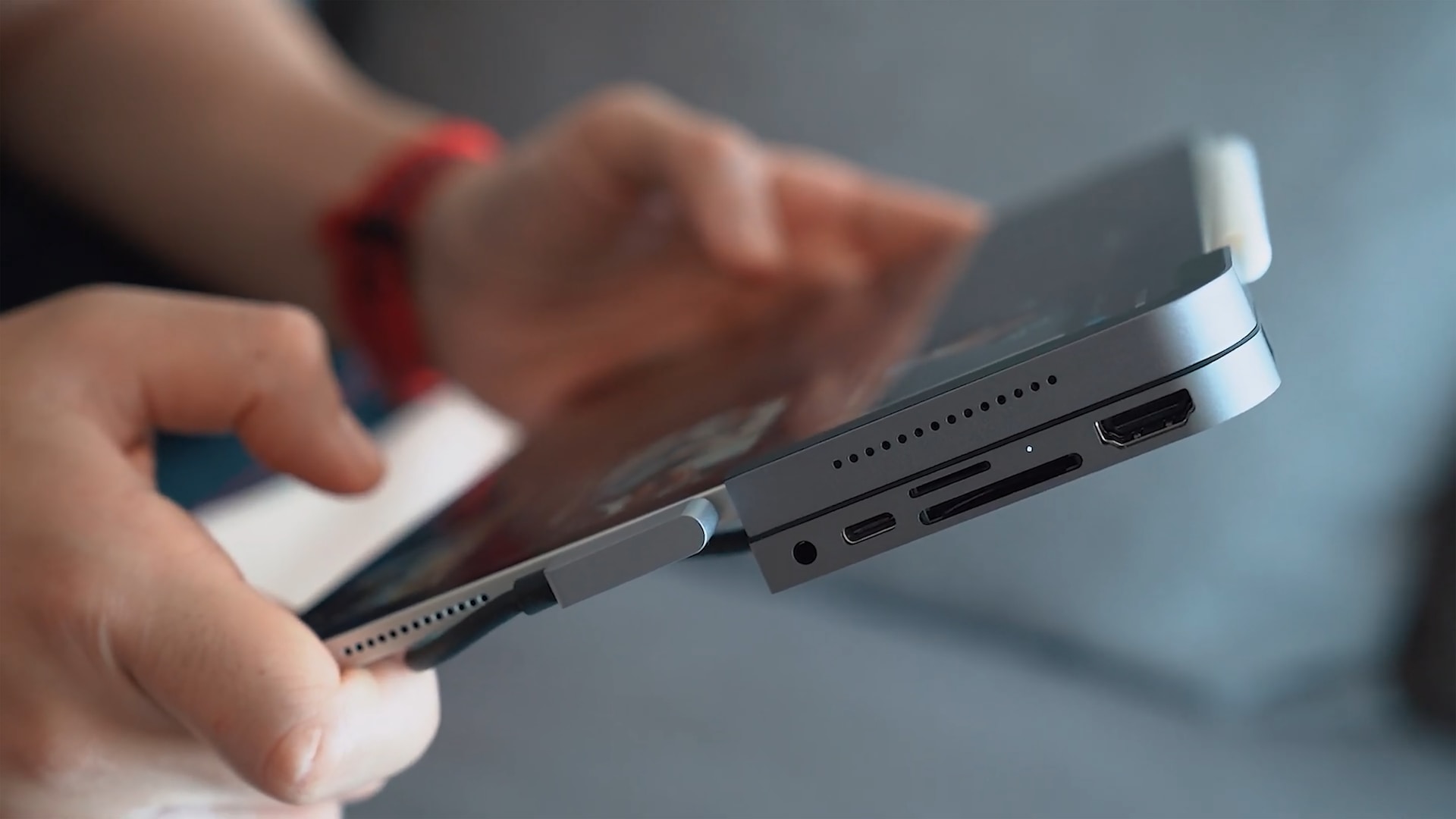This guide provides detailed information on the common sense and manners unique to Japan, aimed at foreigners visiting or starting a life in Japan, stemming from its distinct culture and history.
Use of Honorifics
In Japan, honorific language is used to express respect towards others. It’s crucial not just in business scenarios but in daily life as well to use appropriate honorifics, which helps in building good relationships.
Taking Off Shoes Indoors
In Japanese homes, certain accommodations, and places with tatami rooms, it’s customary to remove shoes before entering. This habit keeps the indoors clean, and aligning shoes neatly for when you leave is also part of good manners.
Queuing Culture
Queuing for your turn in public places like bus stops, cash registers, and train platforms is common in Japan. Waiting patiently in line is a way to maintain order and show consideration for others.
Cleanliness and Tidiness
Keeping both public spaces and personal areas clean and well-organized is emphasized in Japan. This practice, part of Japanese aesthetics, also shows consideration for others.
Public Manners
Speaking loudly or using mobile phones in trains is discouraged, and it’s expected to dispose of trash properly or take it home. These are basic manners for considerate living with others.
Gift-giving Culture
Japan has a culture of giving seasonal gifts, such as Ochugen and Oseibo, and souvenirs (Omiyage), which serve as important means of expressing gratitude and thoughtfulness.
Dining Manners
There are many rules for using chopsticks, including not pointing with them, not stabbing food, and not transferring food directly from one’s chopsticks to another’s. Also, finishing all your food is considered virtuous.
Common Sense Rooted in Daily Life
Waste Separation
Waste separation is strict in Japan, with categories like burnable, non-burnable, and recyclables. Correctly separating and disposing of waste on designated days is mandatory.
Manners in Trains
Priority seats are reserved for those in need, and smartphone use should be minimal to avoid disturbing other passengers. Especially around priority seats, it’s advised to refrain from using mobile phones.
Manners When Visiting
It’s basic to notify in advance before visiting someone, stating the purpose and expected arrival time. Bringing a small gift and neatly arranging shoes when entering a home are also common practices.
Writing Emails and Letters
Using polite language and appropriate closing words in business emails and letters shows respect to the recipient. This applies to personal communications as well.
Handling Money
When paying, money is often placed on a tray instead of being handed directly. Tipping is not common, but expressing gratitude for services with words is typical.
Understanding and adhering to these etiquettes and common sense practices are vital for a smooth life in Japan and fostering good relationships with others. Respecting and adapting to Japanese culture and customs can make living in Japan a richer experience.









最近のコメント